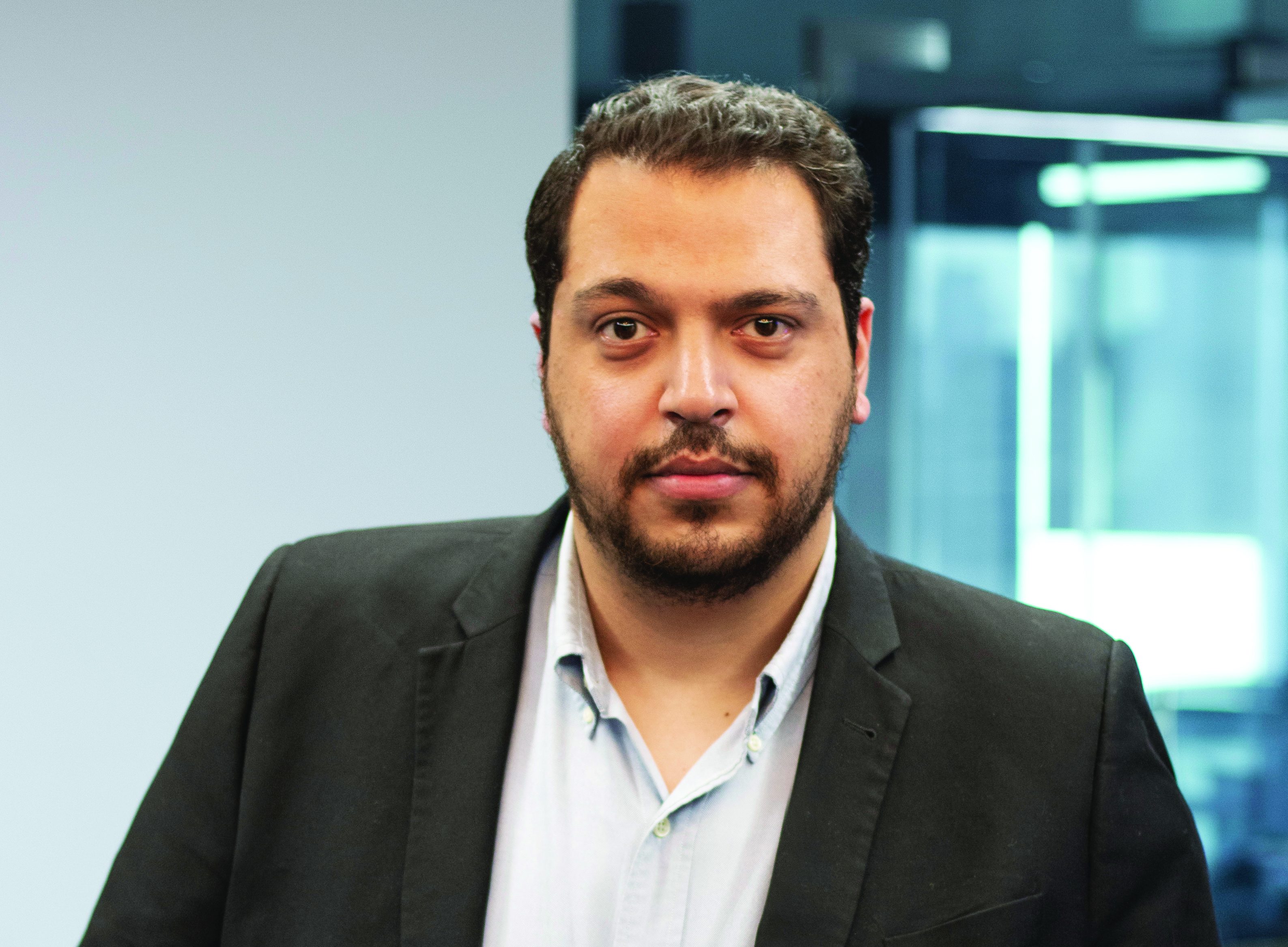By Ali Aboukhreibe, director of strategy, Boopin
Elon Musk loves a good dad-joke, we realised, after he waltzed into his newest venture as the CEO and owner of Twitter. With his controversial yet expected first moves, the owner of SpaceX and Tesla has now been upgraded from being a regular user of social media like any of us into a decision and policy maker. Regardless of whatever reforms Musk intends to instill within Twitter, many questions have come to light. Here are some of the key ones.
Will it lead to more social network acquisitions?
One of the main questions that surfaced is whether the Twitter buy-out will set a trend of social platforms getting acquired by private owners. With the ongoing tug-of-war between data owners and regulators, can we expect someone like Jeff Bezos to buy out TikTok, for instance? It may be harder for entities such as Google, worth $1.5 trillion, and Facebook, worth $500bn to be taken over. However, advertising and data partnerships have already been established between the giants, and this may open the door for a possible merger in the coming years.
Will ad content precede user-generated content?
Twitter’s core strength lies within conversation and engagement. With the new private and for-profit ownership, we can’t help but wonder if Twitter’s algorithm will be tampered with to an extent that the platform starts promoting tweets by its top advertisers. Twitter users respect the communication platform as a space to express opinions and discuss views. The social network has always emphasised the importance of meaningful content as it presents a platform for all – governments, policy makers, journalists, celebrities and everyone else. Its content always stood out as a reason for its success; it served as a source of truth and as a platform for the full opinion spectrum. This was evident in the success of Spaces, launched in 2021, which provided more than half a billion global users an opportunity to engage in audio discussions and even contribute through audio, or through simple emojis.
How will the pushback affect Twitter?
Musk is not a publicly loved figure. Nobody is, but the pushback is quite strong from social justice warriors globally. Activists who are working against Musk may drive users away from the platform. We live in a world where ‘cancel culture’ is quite strong. Twitter is likely to face this backlash from users who are spoiled for choice and can shift towards other social platforms swiftly. Moreover, the introduction of an $8 fee for verification also presents a challenge as account verification no longer relies on merit but is based on a subscription fee. Musk indicated that the guidelines and checks for verification will remain the same. However, why would a contributor pay for a platform? Imagine Google charging YouTube content creators for uploading videos and driving more dwell time on the platform; it does not make sense. On the other hand, Netflix rightfully charges a subscription fee for providing content with an algorithm built around individual interests.
How does it affect advertisers?
Musk claims that Twitter will work as a platform that places freedom of speech before political correctness. However, that isn’t necessarily a good thing as it opens the door for hate-speech, racism, sexism and more undesirable content on the pretext of freedom of speech. This will hugely affect users and turn Twitter into a keyboard battlefield. It also directly affects advertisers as issues around brand safety crop up. In all probability, ads may appear below tweets that discuss extreme opinions and do not conform to an advertiser’s message, or do not even comply with regulations within specific geographies. For instance, a brand like Jaguar Land Rover has substantial rules about factors such as brand safety. With such challenges, Twitter’s employees can foresee difficult days ahead if they intend to maintain their ad-revenue streams. Besides, the EU’s GDPR principles vary from other regions and may limit the freedom that Musk indicates. Brands must be extremely mindful about compliance with GDPR, CCPA and other governing bodies. Hours after Musk posted his tweet, “The bird has been freed,” the European Union’s commissioner for internal market, Thierry Breton, warned the social media platform. Referring to compliance rules and regulations, Breton posted his response, “In Europe, the bird will fly by our rules.”
Is it the beginning of X?
The silver lining of the Twitter acquisition is that this step can be considered the billionaire’s first move towards creating ‘X’, the ‘everything app’ which has been in talks for a while. The concept of X is a brilliant showcase of how the future will be seamless and autonomous. Considering the pace at which we are moving towards everything 5G, X may be that app that unites the world, should Musk stick to his promise of helping humanity. If you have watched the Nosedive episode of Black Mirror, I can understand why you do not agree that the prospect is exciting. If the digital future scares you, it will be good to know that Nokia 3310 has great battery life.










